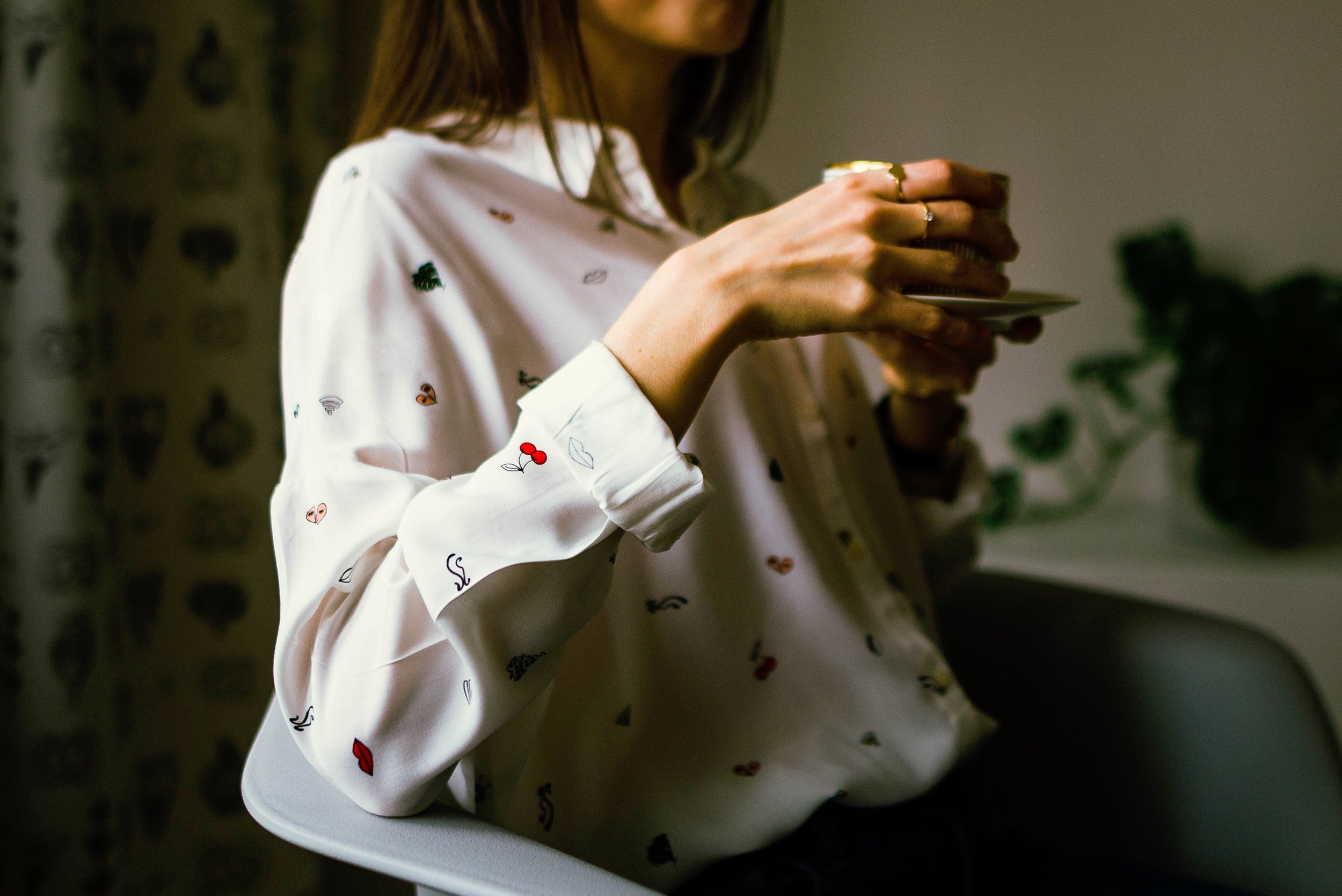What Minimalism Taught Me About Appreciation and Some Convincing Proof If You're On the Fence About Trying It Out
A lot of people think minimalism means never buying anything again. You accept the challenge to get rid of all material possessions and then you're supposed to never look back.
I used to think that about minimalism.
I used to think I couldn't have things.
While a piece of that is true, much of the population does indeed need things. Not a lot of things but things nevertheless.
The confusion is in how we think about those things. The frustration is in how we lack the know-how to successfully manage those things in our houses.
If we can inform ourselves and as I like to call it, update our perspective, we'll come to embrace simple living even more because it'll start to feel natural.
While I'd love to get into what things are necessary and not, this post is about something a little different. This post is about ways that you can start to see simple-living in a new light. It's about how minimalism can actually help you start to appreciate the things you have. It's about helping you update your perspective on stuff.
As we choose to limit the unnecessary and pare back on the non-essentials, we quickly start to uncover the value of QUALITY things.
As a kid I was taught to treat people and the things in my life with respect.
I knew at a young age that I couldn't jump on the couch, or spill food in the car or color on the walls. I had to keep things looking nice so they'd last.
So now, I thank my wise parents for laying down a good foundation and I'd argue that this mentality still holds true for me as an adult. I think it's still important to take care of things to help make them last.
Below are four ways minimalism can help create a greater sense of appreciation when it comes to the things in your life. While there are many other benefits to the lifestyle, these are the results I've experienced:
Minimalism helps curb the desire to buy things. Instead of going on a shopping spree and buying it all, think about buying only what you need and will actually enjoy. Because of simple living, I rarely regret anything I buy now because I have a high standard for what will make it into my house and what won't.
Minimalism can decrease the actual quantity of things. This doesn't mean that you have to adopt a minimalist lifestyle and get rid of everything. It means living more simply will automatically help spark the desire to want to get rid of everything you no longer need or anything that doesn't serve a purpose. Interestingly enough, you may start to crave it.
Minimalism manifests in quality over quantity. You've heard and seen the phrase a million times but there is so much goodness in being more conscious about where you shop, what you buy and how long you hang onto it. I'm not an expert on this just yet but being aware of how I'm consuming has made a positive difference in my outlook on stuff.
Minimalism means taking a closer look at your selection process. Picky is good. Picky is great actually. Picky means you no longer subscribe to what society says about having it all. You're going to be the judge of what you need and where you spend your money.
Minimalism promotes appreciation and places an emphasis on the stuff that should matter.
According to an article from Lifehack.org, which delves into happiness research:
"around the world, consumerism is the biggest suppressant of happiness."
Interestingly enough, the article goes on to share that the most important source of happiness for kids is friends and family. The stuff money can't buy.
This is why I've been hook, line and sinker on the idea.
According to research conducted by American psychologist and author Tim Kasser, students with higher extrinsic, materialistic values tend to have lower-quality relationships, and to feel less connected to others.
"The more materialistic values are at the center of our lives, the more our quality of life is diminished."
Minimalism isn't just about appreciating and valuing fewer things. It allows you to worry less about stuff so you can focus on things like love, friendship, experiences and helping those around you. Interestingly enough, those are some of the same things that made the top 10 list of things money can't buy according to Power of Positivity.
If you're like me, you've read countless articles about what the simple-living path promises for you if you give it a try. The one thing I want to emphasize today is that simple living helped me see the value of my things, which then made me want fewer, better things.
I think you'll find that it can do the same for you.
So instead of taking my word for it, muster up a little faith and try it out. You won't be able to really experience the appreciation factor until you try out simple-living for yourself. The worst that can happen is that you give it a shot and decide it's not for you.
Or, like this fuzzy feline, you'll realize it's not so bad.
Interested in the whole less is more idea? Subscribe to my free email list below and you'll be sent monthly tips and insights related to all things simple living including invites to future webinars.



